AICTE's 2025 Year of AI: Revolutionizing Engineering Education
Updated on : 07 January, 2025
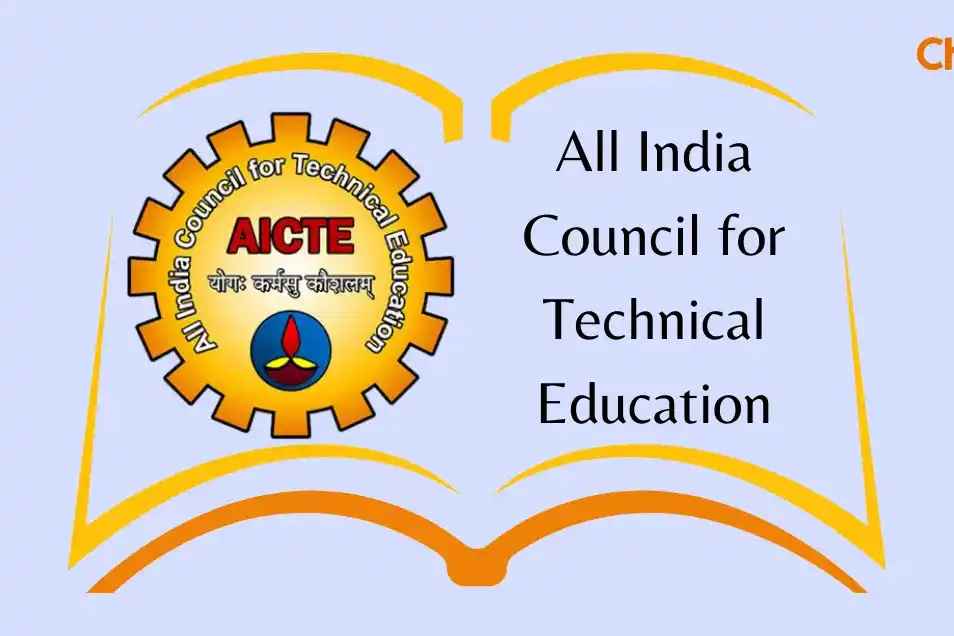
Image Source: Google
Engineering education in India is on the brink of transformation as the All India Council for Technical Education (AICTE) declares 2025 the Year of Artificial Intelligence.With plans to integrate AI across core disciplines, the initiative addresses outdated curricula, lack of practical exposure, and industry disconnect. By embedding advanced technologies, fostering industry collaborations, and enhancing teaching methodologies, AICTE aims to equip students with future-ready skills and position India as a global leader in AI-driven innovation.
The Current State of Engineering Education
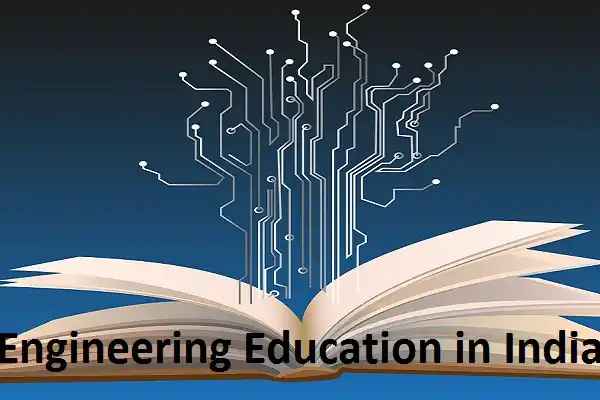
Image Source: Google
Engineering education in India has traditionally focused on theoretical knowledge, often lagging behind the rapid technological advancements in industry. The curriculum has not always kept pace with the evolving job market, leading to a skills gap among graduates. Many engineering colleges still rely on outdated teaching methodologies, which do not adequately prepare students for the demands of modern engineering roles.
In recent years, there has been a growing recognition of the need to integrate emerging technologies, particularly Artificial Intelligence (AI), into engineering curricula. This integration is seen as essential for producing graduates who are not only knowledgeable but also equipped with practical skills that are directly applicable in the workplace.
AICTE's Vision for 2025
The All India Council for Technical Education (AICTE) has officially designated 2025 as the "Year of Artificial Intelligence," aiming to revolutionize engineering education across India. This initiative seeks to embed AI into the curricula of over 14,000 colleges, impacting approximately 40 million students nationwide. AICTE Chairman Prof. T.G. Sitharam emphasized the importance of integrating AI as interdisciplinary modules within core engineering disciplines to prepare a future-ready workforce.
The initiative aligns with Prime Minister Narendra Modi's vision of establishing India as a global leader in technology and innovation. Institutions are encouraged to submit detailed implementation plans by December 31, 2024, outlining how they will incorporate AI into their programs. Additionally, AICTE promotes the establishment of "AI Student Chapters" to foster innovation through workshops and collaborative projects.
This comprehensive approach not only focuses on curriculum enhancement but also emphasizes ethical considerations and real-world applications of AI, preparing students to tackle complex challenges in their respective fields. By fostering partnerships with industry leaders, AICTE aims to bridge the gap between academia and industry, ensuring that graduates are equipped with relevant skills for the evolving job market.
Popular Blogs
Implementation Strategy
To support the transition, AICTE has requested colleges to submit comprehensive implementation plans for incorporating AI into their curriculums. These plans will be assessed by the AICTE Approval Bureau, and the best submissions will be highlighted as models for other institutions to follow.
Colleges are also encouraged to establish "AI Student Chapters" as part of the national initiative, AI for All: The Future Begins Here. These student-led hubs will foster innovation through workshops, hackathons, and guest lectures. AICTE will provide guidelines and resources to ensure these efforts align with industry advancements and ethical AI practices.
Prateek Sharma, Vice-Chancellor of Delhi Technological University, expressed support for the initiative, stressing the importance of building the necessary infrastructure for successful AI integration. He noted, “AI-focused courses should not be confined to computer science and IT but should be extended across all engineering fields, including civil, mechanical, and environmental engineering.”
Integration of AI in Engineering Education
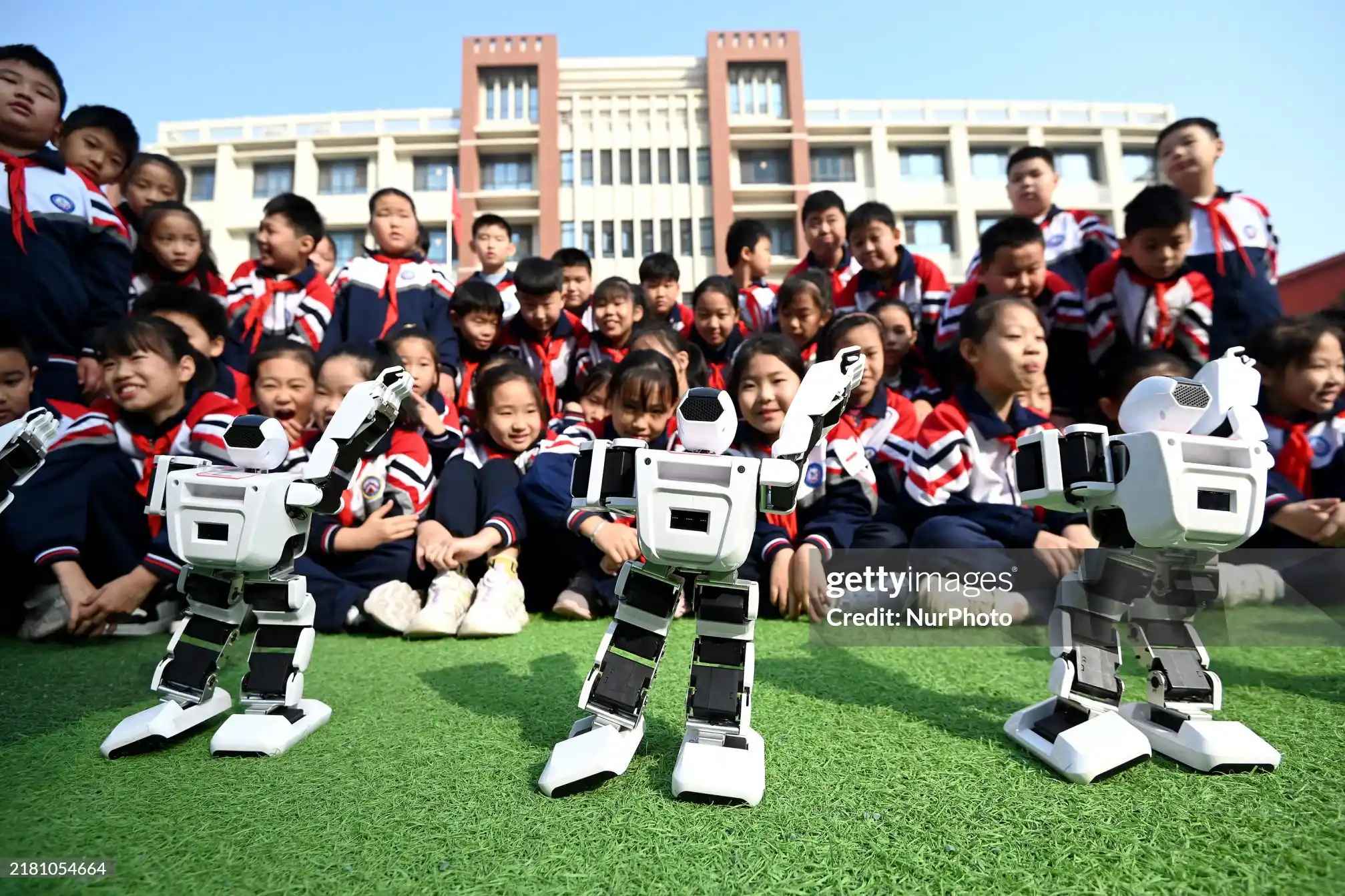
Image Source: Getty Images
The integration of AI into engineering education involves revising existing curricula to include interdisciplinary modules that address both theoretical concepts and practical applications. This approach ensures that students gain a holistic understanding of how AI can be applied across various engineering fields.
Key Components of Integration
- Interdisciplinary Curriculum: Courses will be designed to incorporate AI principles relevant to each engineering discipline, such as civil, mechanical, and electrical engineering.
- Ethical Considerations: Emphasis will be placed on understanding the ethical implications of AI technologies, preparing students to make responsible decisions in their professional careers.
- Hands-On Learning: Practical projects and lab work will be integral parts of the curriculum, allowing students to apply their knowledge in real-world scenarios.
Enhancing Teaching Methodologies with AI
Integrating Artificial Intelligence (AI) into engineering education significantly enhances teaching methodologies, creating more personalized and effective learning experiences. AI technologies, such as adaptive learning platforms, analyze student performance data to tailor instructional content to individual needs and learning styles. This personalization enables students to grasp complex engineering concepts more effectively.
Additionally, AI-powered virtual laboratories provide immersive environments where students can engage in realistic simulations, enhancing practical understanding without the limitations of physical resources. Automated assessment tools streamline grading and offer immediate feedback, allowing educators to focus on personalized instruction rather than administrative tasks.
Moreover, AI fosters innovative teaching approaches by enabling project-based learning and interdisciplinary courses that combine traditional engineering subjects with AI applications. This integration not only prepares students for the demands of the modern workforce but also nurtures critical thinking and ethical considerations in the use of AI technologies, ensuring that future engineers are well-equipped to tackle real-world challenges.
Real-World Applications

Image Source: Getty Images
The application of AI in various engineering fields is already transforming industries:
- Civil Engineering: AI is used for smart building designs and predictive maintenance systems.
- Mechanical Engineering: Autonomous vehicles rely heavily on machine learning algorithms for navigation and safety features.
- Electrical Engineering: Smart grids utilize AI for efficient energy distribution and management.
By integrating these applications into the curriculum, AICTE aims to prepare students for careers that leverage these technologies effectively.
Industry Collaboration and AICTE Initiatives

Image Source: Getty Images
AICTE is spearheading a transformative initiative to revolutionize engineering education through industry collaboration and strategic partnerships. By declaring 2025 as the Year of Artificial Intelligence, AICTE aims to embed AI across the curricula of over 14,000 colleges, impacting around 40 million students nationwide.
Key Initiatives
- Implementation Plans: Institutions are urged to submit detailed plans for integrating AI into their programs by December 31, 2024. These plans will be evaluated, with exemplary submissions recognized as benchmarks.
- AI Student Chapters: Colleges are encouraged to establish "AI Student Chapters" under the initiative "AI for All: The Future Begins Here," promoting innovation through workshops, hackathons, and guest lectures.
- Industry Partnerships: Collaborations with leading companies like Adobe, Cisco, and IBM will provide students with real-world exposure through internships and mentorship opportunities.
These initiatives aim to bridge the gap between academia and industry, ensuring that graduates are equipped with relevant skills for the AI-driven job market.
Case Studies: Successful Implementation of AI in Engineering Colleges
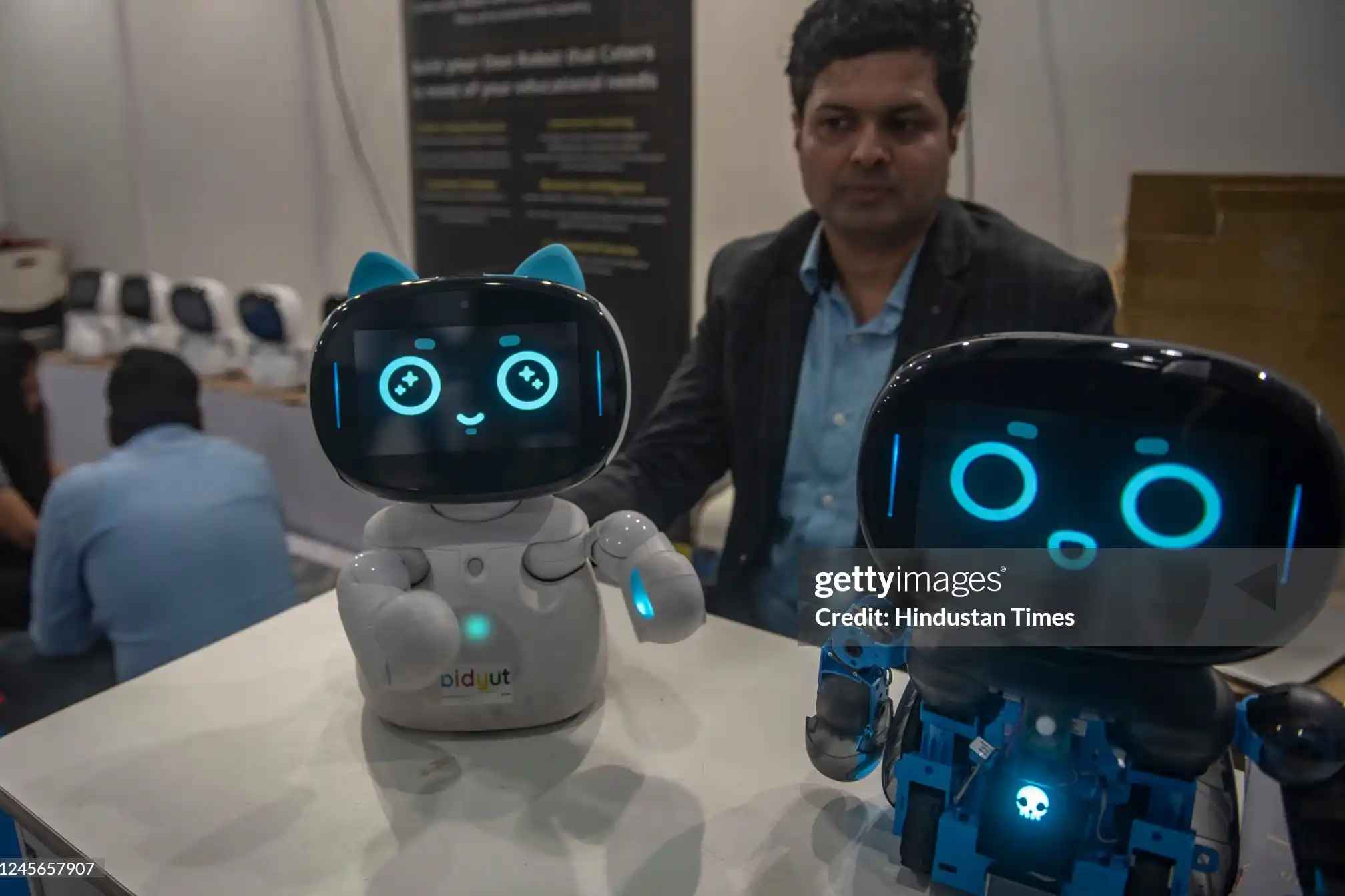
Image Source: Getty Images
Several institutions have already begun integrating AI into their engineering programs successfully:
- Delhi Technological University (DTU):
- DTU has introduced interdisciplinary courses that cover both technical aspects of AI and its ethical implications.
- The university has established partnerships with tech companies for student internships.
- Indian Institute of Technology (IIT) Bombay:
- IIT Bombay has developed an advanced curriculum that includes machine learning applications across various engineering disciplines.
- The institute hosts workshops led by industry experts to keep faculty updated on the latest trends in AI.
These case studies highlight the potential benefits of integrating AI into engineering education and serve as models for other institutions.
Challenges and Considerations
Despite the promising outlook, several challenges must be addressed:
Infrastructure Development
Many institutions lack the necessary infrastructure to support advanced AI courses. Investment in technology and resources is crucial.
Faculty Training
Ensuring that faculty members are adequately trained in both content delivery and new technologies is essential for successful implementation.
Curriculum Standardization
Developing standardized curricula that align with industry needs while allowing flexibility for innovation can be complex.
Addressing these challenges will require collaboration between educational institutions, government bodies, and industry stakeholders.
Future Trends in Engineering Education with AI
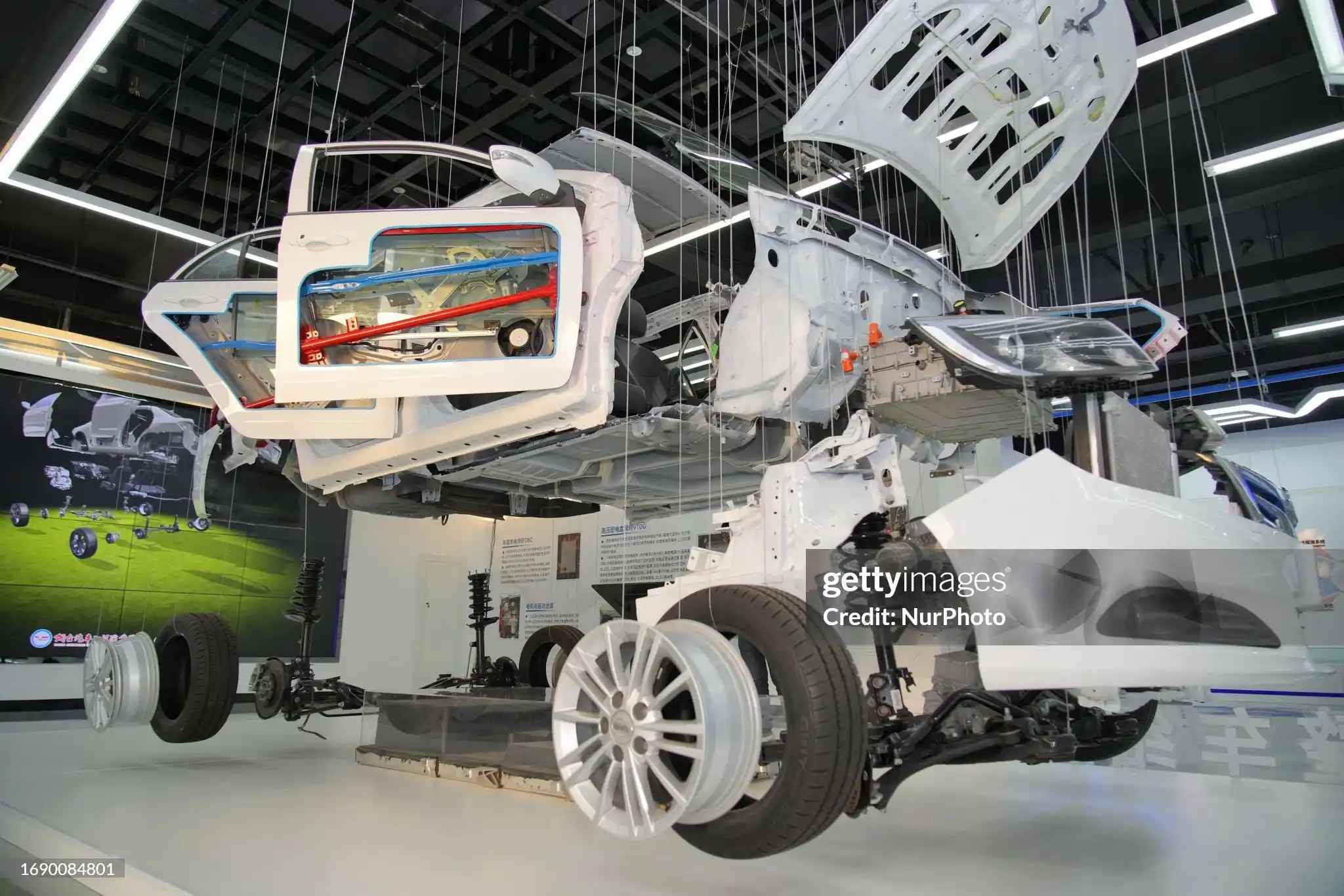
Image Source: Getty Images
As we look toward the future, several trends are likely to shape engineering education:
- Increased Use of Virtual Reality (VR) and Augmented Reality (AR): These technologies will provide immersive learning experiences that enhance understanding.
- Focus on Lifelong Learning: Continuous education through online platforms will become more prevalent as technology evolves rapidly.
- Emphasis on Interdisciplinary Skills: Graduates will need a blend of technical knowledge and soft skills such as communication and teamwork to succeed in diverse roles.
AICTE's initiatives position India at the forefront of these trends, ensuring that its workforce is prepared for future challenges.
Conclusion
The All India Council for Technical Education's commitment to revolutionizing engineering education through the integration of Artificial Intelligence marks a pivotal moment in India's educational landscape. By embedding AI across core disciplines, enhancing teaching methodologies, fostering industry collaborations, and addressing current challenges, AICTE aims to create a future-ready workforce capable of thriving in an increasingly digital world.
As we move toward 2025—the Year of Artificial Intelligence—there is immense potential for growth and innovation within India's engineering sector. The successful implementation of these initiatives will not only benefit students but also contribute significantly to India's position as a global leader in technology and innovation.
















